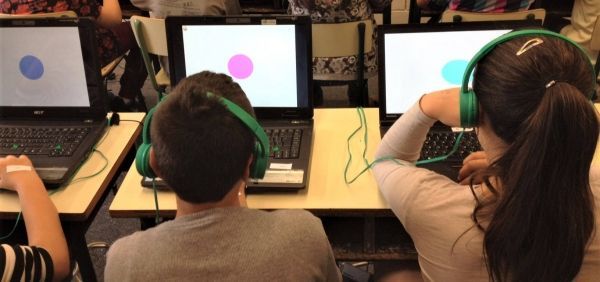There is growing evidence that exposure to air pollution adversely affects cognitive and behavioural development in children. However, the mechanisms underlying this association are, as yet, unknown. Now, the findings of a new study from the Barcelona Institute for Global Health (ISGlobal), an institute supported by the ”la Caixa” Banking Foundation, suggest that the ε4 variant of the APOE gene may play a significant role in this process. The study has been published in the journal Environmental Health Perspectives.
Previous studies carried out within the framework of the BREATHE project have linked childhood exposure to air pollution with diminished cognitive development , increased behavioural problems , and even structural differences in the brain s of the children studied.
In the new study, which analysed data from over 1,600 children attending 39 schools in Barcelona, scientists observed that the association between exposure to traffic-related pollution and adverse effects on neurodevelopment was more marked in the children who carried the ε4 allele of the APOE gene . Carriers of this genetic variant had higher behaviour problem scores and their attention capacity developed more slowly. Moreover, the volume of the caudate nucleus, an anatomical brain structure, tended to be smaller in that population.
Continue reading at Barcelona Institute for Global Health (ISGlobal)
Image via Barcelona Institute for Global Health (ISGlobal)


